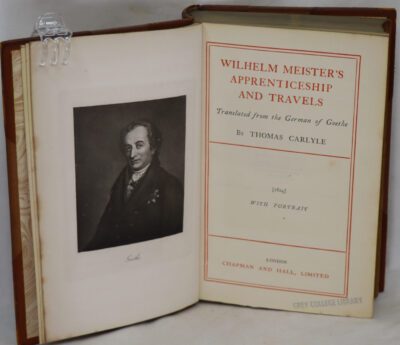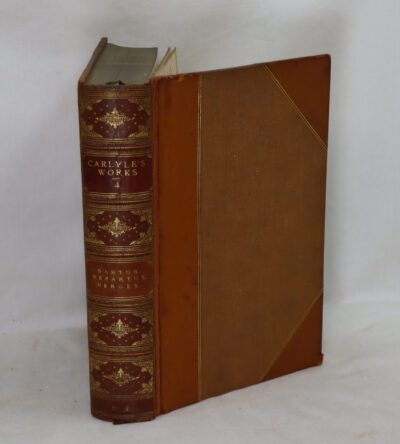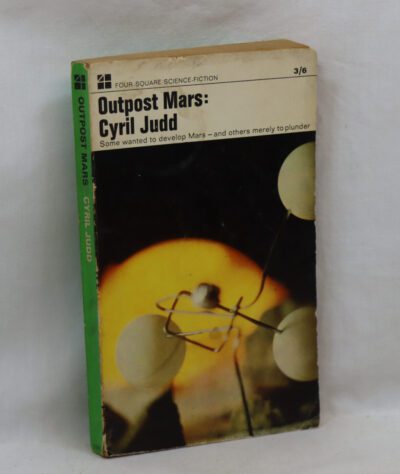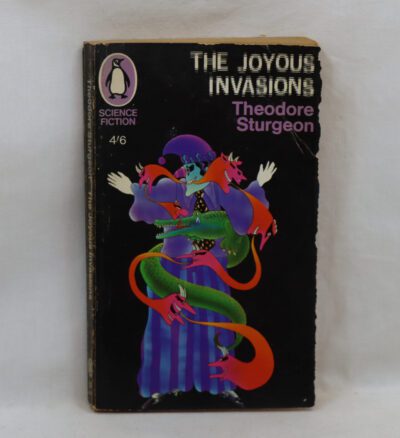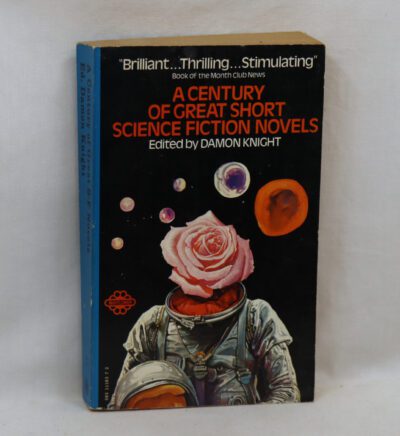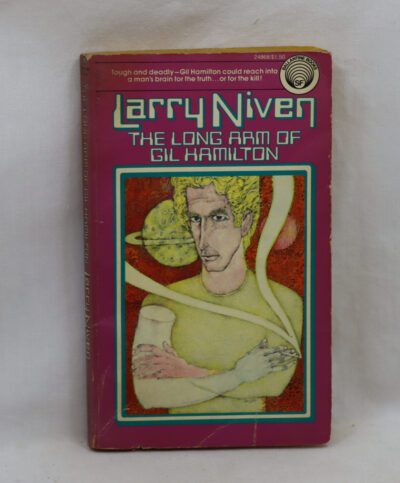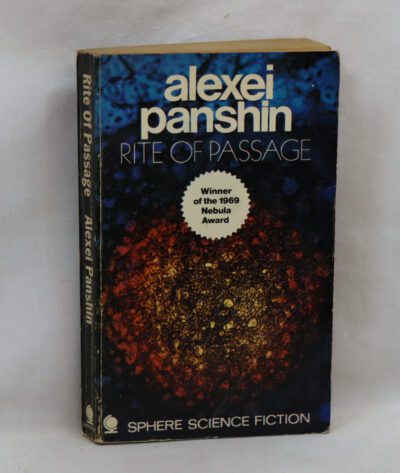Darling.
By Harriet Daimler
Printed: 1956
Publisher: The Olympia Press. Paris
Edition: First edition
| Dimensions | 11 × 18 × 1 cm |
|---|---|
| Language |
Language: English
Size (cminches): 11 x 18 x 1
Condition: Fair (See explanation of ratings)
Your items
Item information
Description
Paperback. Green cover with black title.
We provide an in-depth photographic presentation of this item to stimulate your feeling and touch. More traditional book descriptions are immediately available
Warning: This book was part of the erotic library gathered by the famous Cambridge Don, computer scientist, food and wine connoisseur, Jack Arnold LANG, along with medical friends and family involved in Freudian research. Sexual instincts or drives have deeply hidden roots in the unconscious mind. Instincts act by giving vitality and enthusiasm to the mind through meaning and purpose. The range of instincts is in great numbers. Freud expressed them in two categories. One is Eros, the self-preserving life instinct containing all erotic pleasures. While Eros is used for basic survival, the living instinct alone cannot explain all behavior, according to Freud. In contrast, Thanatos is the death instinct. It is full of self-destruction of sexual energy and our unconscious desire to die. The main part of human behavior and actions is tied back to sexual drives. Since birth, the existence of sexual drives can be recognized as one of the most important incentives of life. The enclosed book was part of this research. A photograph is enclosed, should you seek further details please contact Martin Frost on martin.frost@gmail.com
Foremost amongst erotic books collected by Jack Arnold Lang are those published in France by the Olympia Press. The Olympia Press was a Paris-based publisher, launched in 1953 by Maurice Girodias as a rebranded version of the Obelisk Press he inherited from his father Jack Kahane. It published a mix of erotic fiction and avant-garde literary fiction, and is best known for issuing the first printed edition of Vladimir Nabokov’s Lolita.
In its heyday during the mid-fifties Olympia Press specialized in books which could not be published (without legal action) in the English-speaking world. Early on, Girodias relied on the permissive attitudes of the French to publish sexually explicit books in both French and English. In the late 1950s,the French authorities began to ban and seize the press’s books.
A total of 94 Olympia Press publications were promoted and packaged as “Traveller’s Companion” books, usually with simple text-only covers, and each edition in the series was numbered. The “Ophelia Press” line of erotica was far larger, using the same design, but pink covers instead of green.
Olympia Press was the first publisher willing to print William S. Burroughs’s avant-garde, sexually explicit Naked Lunch, which soon became famous. Other notable works included J. P. Donleavy’s The Ginger Man; Samuel Beckett’s French trilogy Molloy, Malone Dies, and The Unnamable; Henry Miller’s trilogy The Rosy Crucifixion, consisting of Sexus, Nexus and Plexus; A Tale of Satisfied Desire by Georges Bataille; Story of O by Pauline Réage; Terry Southern and Mason Hoffenberg’s Candy; Alex Austin’s The Blue Guitar and Eleanore; and a critical book on Scientology, Inside Scientology/Dianetics by Robert Kaufman. The South African poet Sinclair Beiles was an editor at the publisher. Other authors included Alexander Trocchi, Iris Owens (Harriet Daimler) and John Stevenson (Marcus Van Heller).
Girodias had troubled dealings with his authors including copyright issues. Nabokov was dissatisfied with the copyediting, assignment of copyright and the press’s literary reputation. The press engaged in a long-running dispute over the rights to The Ginger Man ended with Donleavy’s wife Mary buying out Girodias at what was intended to be a closed auction. Forced to leave France in 1963, Girodias briefly reestablished Olympia Press in New York in the 1960s, and in London in the early 1970s.
Grove Press in the U.S. would later print The Olympia Reader, a best-selling anthology containing material from some of Olympia’s most popular works, including material by Burroughs, Miller, Trocchi and others. Another well-known collection was The Best of Olympia, first published by the Olympia Press in 1963 and reprinted by New English Library in 1966.
Other incarnations of the company, some with Girodias’ support, emerged in Germany, Italy, and the United Kingdom. Olympia Press has been re-established and is currently operating out of Washington, London, and Frankfurt.
This First edition from the Olympia Press has seen better days. That said this book remains highly readable.
Iris Owens (1929–2008), also known by her pseudonym, Harriet Daimler, was an American novelist. Born Iris Klein in Brooklyn, New York, Owens graduated from Brooklyn College. During the 1950s and ’60s she lived in Paris, where she was associated with the group of expatriate writers who produced the literary review Merlin, among them Alexander Trocchi, Christopher Logue, John Stevenson, George Plimpton and Richard Seaver. Like Trocchi and Logue, she earned money writing erotic novels for Maurice Girodias’s Olympia Press. Owens’s four Olympia Press novels, along with a fifth which she coauthored, were published under her pseudonym. Owens returned to New York in 1970, publishing two more novels under her own name. She remained in New York until her death on May 20, 2008.
Maurice Girodias (12 April 1919 – 3 July 1990) was a French publisher who founded the Olympia Press, specialising in risqué books, censored in Britain and America, that were permitted in France in English-language versions only. It evolved from his father’s Obelisk Press, famous for publishing Henry Miller’s Tropic of Cancer. Girodias published Vladimir Nabokov’s Lolita, J. P. Donleavy’s The Ginger Man (involving a 20-year lawsuit), and works by Samuel Beckett, William S. Burroughs, Iris Owens, John Glassco and Christopher Logue.
Condition notes
Want to know more about this item?
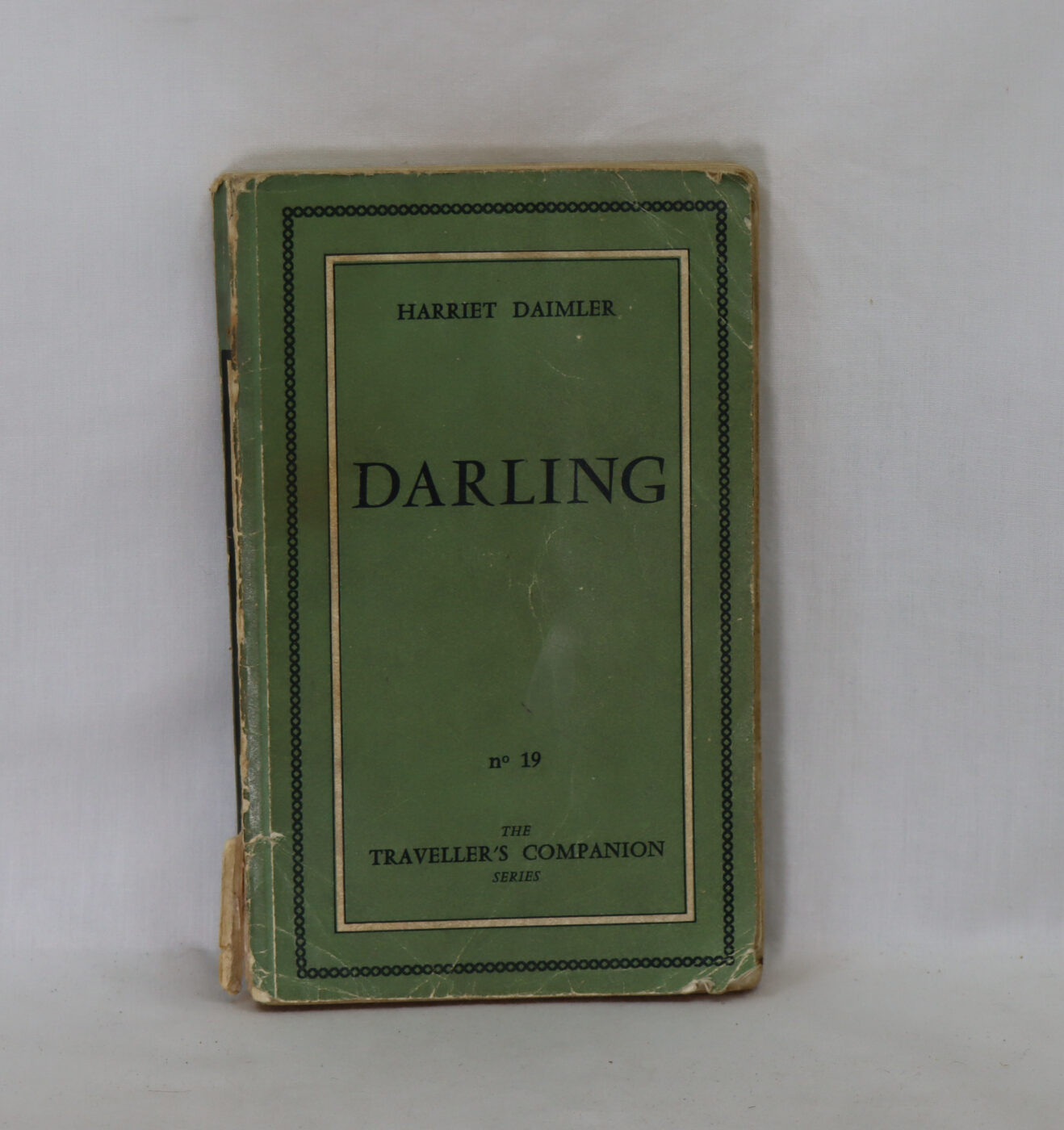
Related products
Share this Page with a friend


